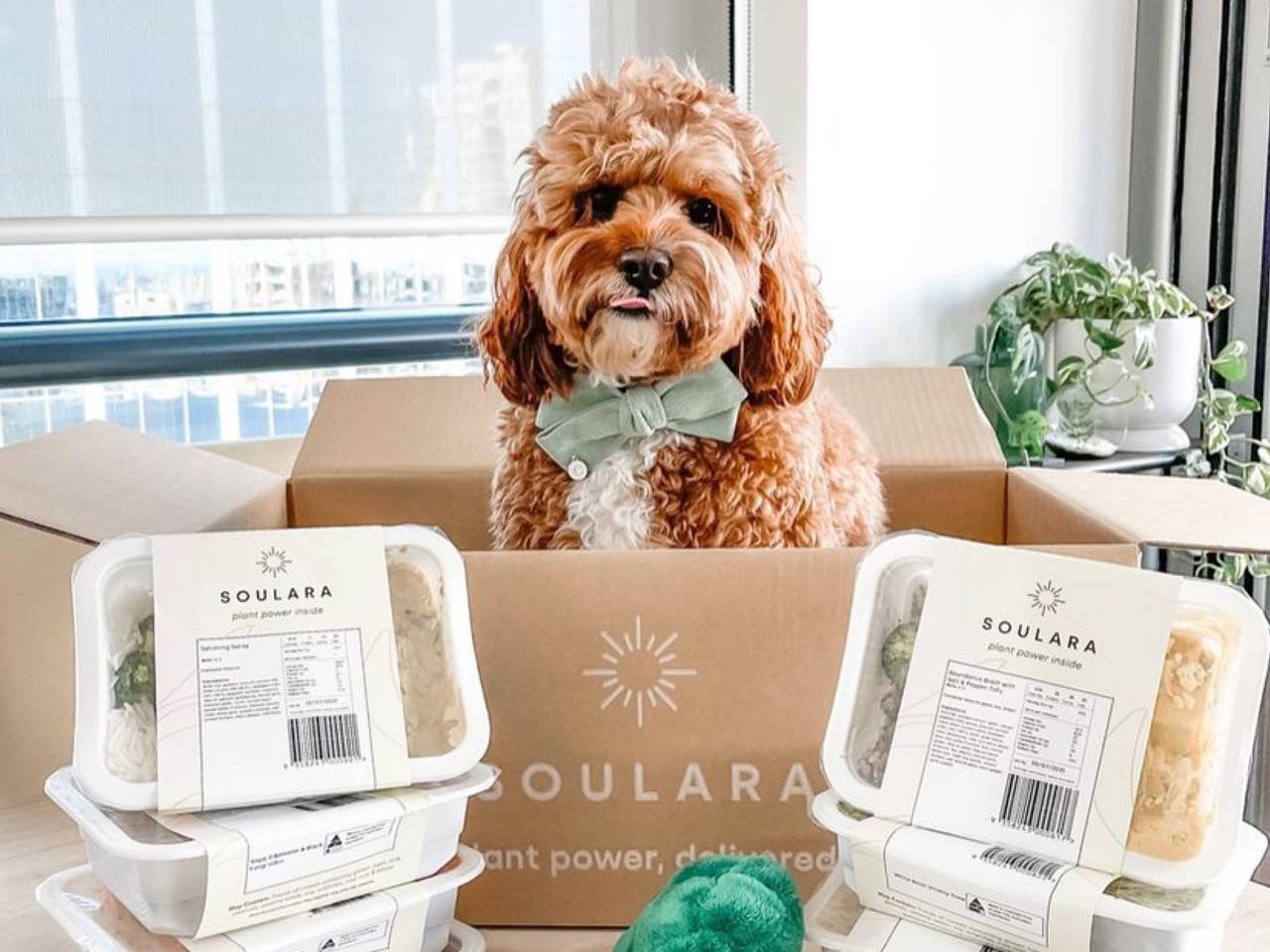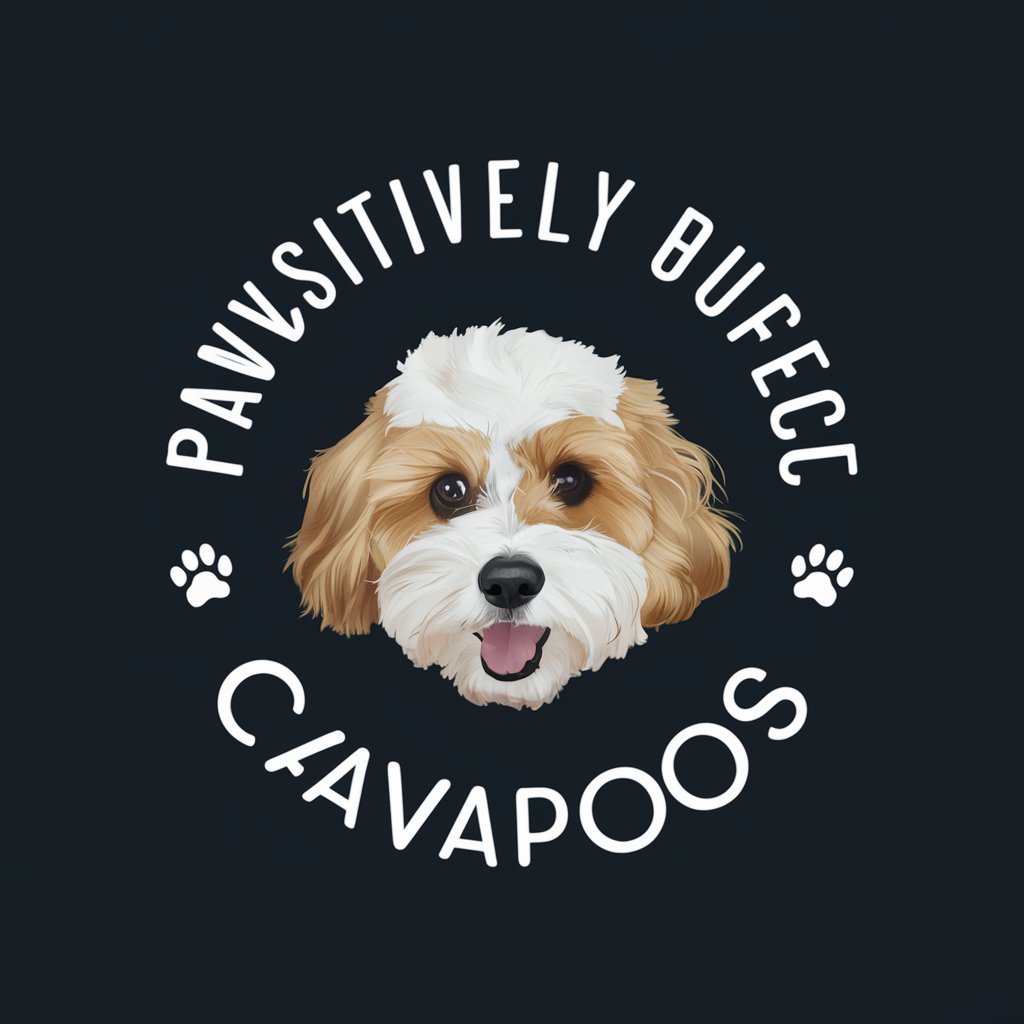Cavapoo Nutrition Complete Guide
Proper nutrition is crucial for the health and well-being of a Cavapoo. This guide covers the essential aspects of Cavapoo nutrition, including diet recommendations, feeding schedules, and considerations for maintaining optimal health.

1. Understanding Cavapoo Dietary Needs
Balanced Diet
- Protein: Cavapoo puppies require a diet rich in high-quality protein to support muscle development, energy levels, and overall health. Look for dog foods with meat as the first ingredient, such as chicken, lamb, turkey, or fish.
- Fats: Healthy fats, particularly omega-3 and omega-6 fatty acids, are essential for maintaining a healthy coat, skin, and brain function. These can be found in fish oil, flaxseed, and certain meats.
- Carbohydrates: Carbohydrates provide energy and fiber. Whole grains like brown rice, oats, and barley are good sources, though some Cavapoos may do well on grain-free diets if they have sensitivities.
- Vitamins and Minerals: Ensure the food contains a balanced blend of essential vitamins and minerals, such as vitamins A, D, E, calcium, phosphorus, and zinc, to support overall health and immunity.
Commercial Dog Food
- High-Quality Kibble: Choose a high-quality commercial dog food that meets AAFCO (Association of American Feed Control Officials) standards for complete and balanced nutrition. Brands with a good reputation and high ratings are preferable.
- Wet Food: Wet food can be an excellent addition to a Cavapoo’s diet, especially for picky eaters or those with dental issues. It’s more palatable and provides additional hydration, but it should be balanced with dry kibble to maintain dental health.
Home-Cooked Meals
- Balanced Recipes: If you prefer to prepare home-cooked meals for your Cavapoo, consult with a vet or a pet nutritionist to ensure the diet is nutritionally complete. Home-cooked meals should include a balanced mix of protein, vegetables, and grains.
- Supplements: Home-cooked diets often require supplementation to ensure all nutritional needs are met. Calcium, multivitamins, and fish oil are common supplements added to home-cooked meals.
Raw Diets
- Raw Diet Considerations: Raw diets, also known as BARF (Biologically Appropriate Raw Food), can be an option for Cavapoos, but they require careful planning to ensure nutritional balance. This diet typically includes raw meat, bones, vegetables, and fruits.
- Safety: Raw diets carry a risk of bacterial contamination. Proper handling, sourcing from reputable suppliers, and ensuring a balanced diet are critical to avoid potential health issues.
2. Feeding Schedule and Portion Control
Puppy Feeding
- Frequent Meals: Cavapoo puppies should be fed 3-4 times a day due to their smaller stomachs and higher energy needs. Smaller, more frequent meals help maintain consistent energy levels and support growth.
- Puppy Formula: Choose a puppy-specific formula that is high in protein, fat, and essential nutrients to support healthy growth and development.
Adult Feeding
- Two Meals a Day: Adult Cavapoos should be fed twice a day—once in the morning and once in the evening. Consistent feeding times help regulate their digestive system and prevent overeating.
- Portion Control: The amount of food your Cavapoo needs depends on their size, age, activity level, and metabolism. Follow the feeding guidelines on the dog food packaging, and adjust based on your dog’s body condition and weight.
Senior Feeding
- Senior Formula: As Cavapoos age, their metabolism slows down, and their nutritional needs change. A senior dog food formula, which is lower in calories and higher in fiber, can help maintain a healthy weight and support joint health.
- Frequent, Smaller Meals: Senior dogs may benefit from more frequent, smaller meals to aid digestion and manage energy levels.
3. Special Dietary Considerations
Weight Management
- Monitoring Weight: Cavapoos are prone to obesity if overfed or not exercised enough. Monitor their weight regularly and adjust their food intake if necessary. You should be able to feel their ribs without seeing them.
- Low-Calorie Options: If your Cavapoo is overweight, consider switching to a lower-calorie dog food or reducing portion sizes. Weight management formulas are also available and are designed to help dogs shed excess pounds while still feeling full.
Food Allergies and Sensitivities
- Identifying Allergies: Some Cavapoos may develop food allergies or sensitivities, manifesting as skin irritations, digestive issues, or ear infections. Common allergens include beef, dairy, chicken, wheat, and soy.
- Elimination Diet: If you suspect your Cavapoo has a food allergy, work with your vet to conduct an elimination diet to identify the offending ingredient. Once identified, switch to a hypoallergenic or limited ingredient diet.
- Grain-Free Diets: If your Cavapoo has a grain sensitivity, a grain-free diet may be recommended. However, it’s important to ensure that the diet is still nutritionally balanced and meets all their needs.
Joint Health
- Joint Supplements: Cavapoos may benefit from joint supplements containing glucosamine and chondroitin, especially as they age. These supplements help maintain joint health and mobility.
- Dietary Sources: Foods rich in omega-3 fatty acids, like fish, can also support joint health and reduce inflammation.
Dental Health
- Dental-Friendly Food: Choose dry kibble that helps clean teeth as your Cavapoo chews. Some dog foods are specifically formulated to reduce tartar buildup and promote oral health.
- Chews and Treats: Dental chews and toys can also contribute to dental hygiene, but they should be given in moderation to avoid excessive calorie intake.
Learn why Cavapoos are an excellent choice for first-time owners, check out our blog post: Cavapoo For First-Time Owners
4. Treats and Snacks
Healthy Treats
- Low-Calorie Treats: Choose low-calorie, nutritious treats to reward your Cavapoo without contributing to weight gain. Look for treats that contain natural ingredients and avoid those with artificial preservatives, colors, or flavors.
- Fruits and Vegetables: Many Cavapoos enjoy fruits and vegetables as treats. Safe options include apples (without seeds), carrots, blueberries, and green beans. These are low in calories and high in vitamins and fiber.
Moderation
- Limited Treats: Treats should not exceed 10% of your Cavapoo’s daily caloric intake. Overfeeding treats can lead to weight gain and nutritional imbalances.
- Training Rewards: For training purposes, use small, bite-sized treats that are easy to chew and swallow. High-value treats like small pieces of cooked chicken or cheese can be effective for training, but be mindful of portions.
5. Hydration
Fresh Water
- Constant Access: Ensure your Cavapoo has constant access to fresh, clean water. Hydration is essential for digestion, circulation, and overall health.
- Water Quality: If your tap water is heavily chlorinated or has other issues, consider filtered water to ensure your dog is drinking high-quality water.
Signs of Dehydration
- Monitoring: Monitor your Cavapoo for signs of dehydration, such as dry gums, lethargy, and sunken eyes, especially during hot weather or after exercise. Encourage water intake by keeping multiple water bowls around the house.
6. Supplements
Omega-3 Fatty Acids
- Benefits: Omega-3 supplements, such as fish oil, can support skin health, reduce inflammation, and promote a shiny coat.
- Dosage: Follow your vet’s recommendations for the correct dosage, as too much can lead to an upset stomach or other issues.
Probiotics
- Digestive Health: Probiotics can support your Cavapoo’s digestive health, especially if they have a sensitive stomach or have been on antibiotics. Probiotic supplements or dog foods with added probiotics are good options.
- Natural Sources: Some dog foods contain natural sources of probiotics, like yogurt or fermented vegetables, which can be beneficial for gut health.
Multivitamins
- Balanced Diet First: If your Cavapoo is on a balanced commercial diet, additional vitamins are usually unnecessary. However, if you’re feeding a homemade diet or if your vet recommends it, multivitamins can ensure your dog gets all essential nutrients.
Joint and Bone Supplements
- Glucosamine and Chondroitin: These supplements support joint health and may help prevent or manage conditions like arthritis, particularly in older dogs.









